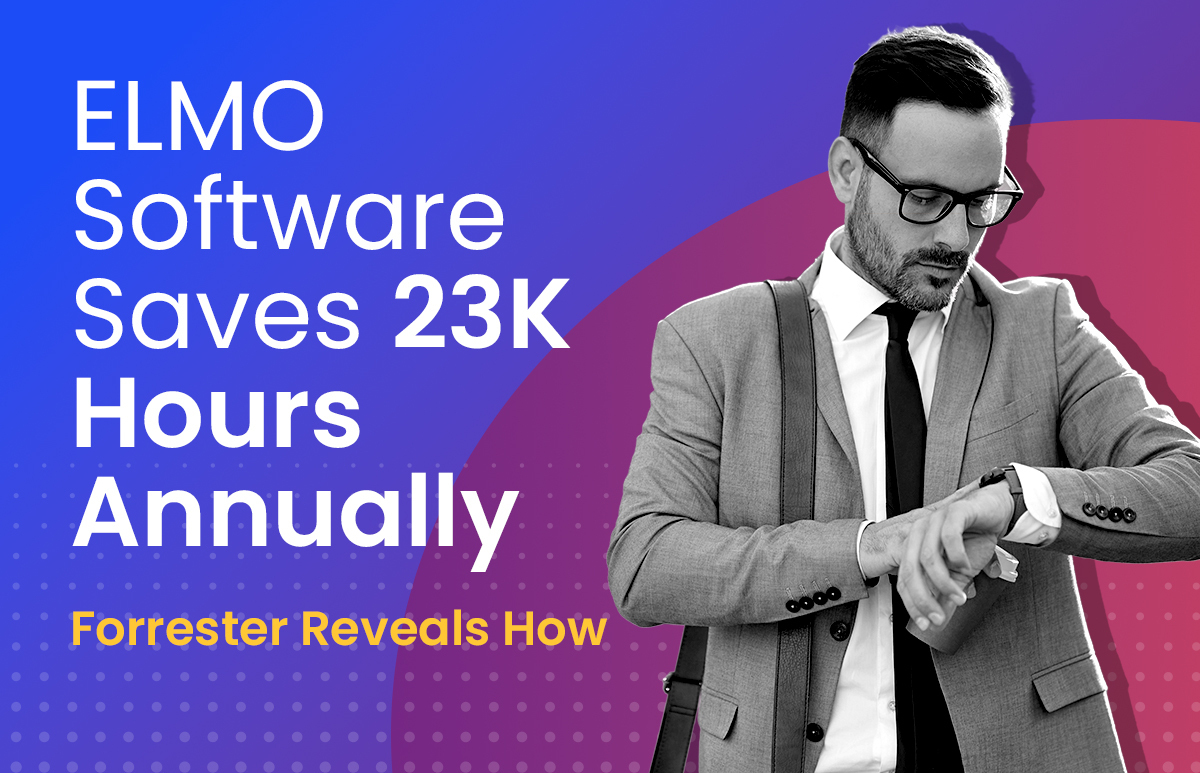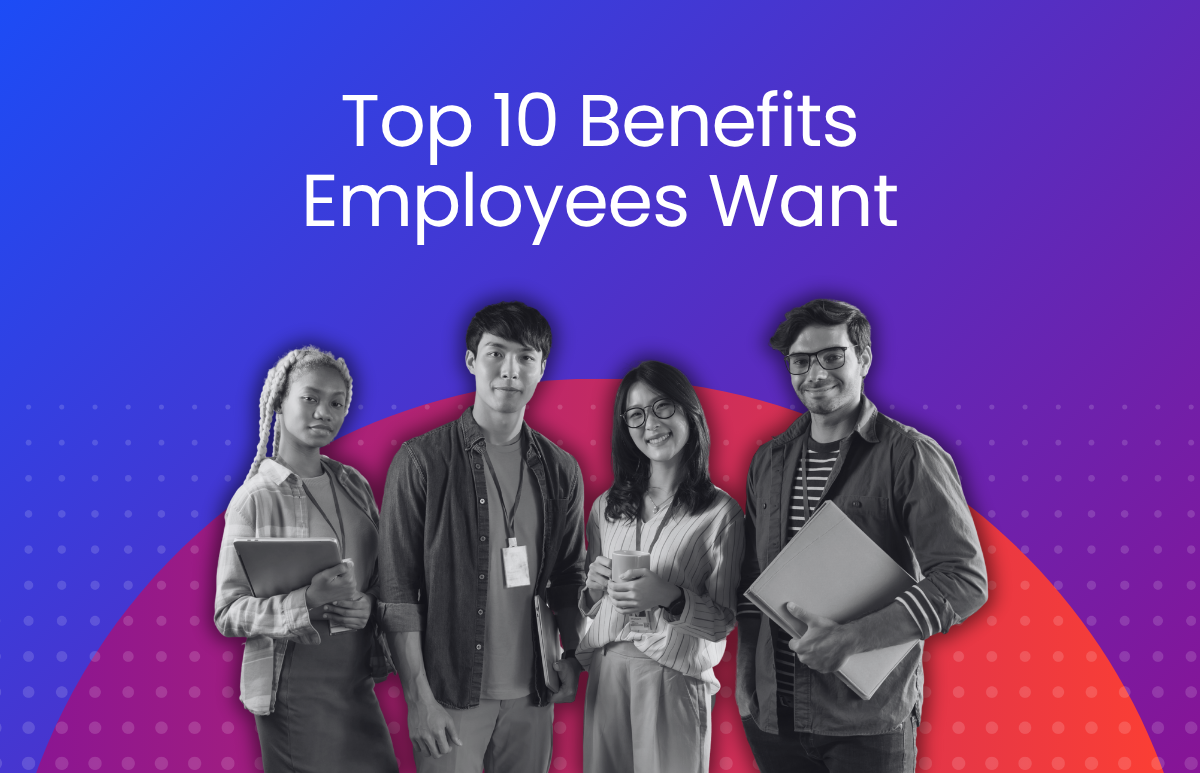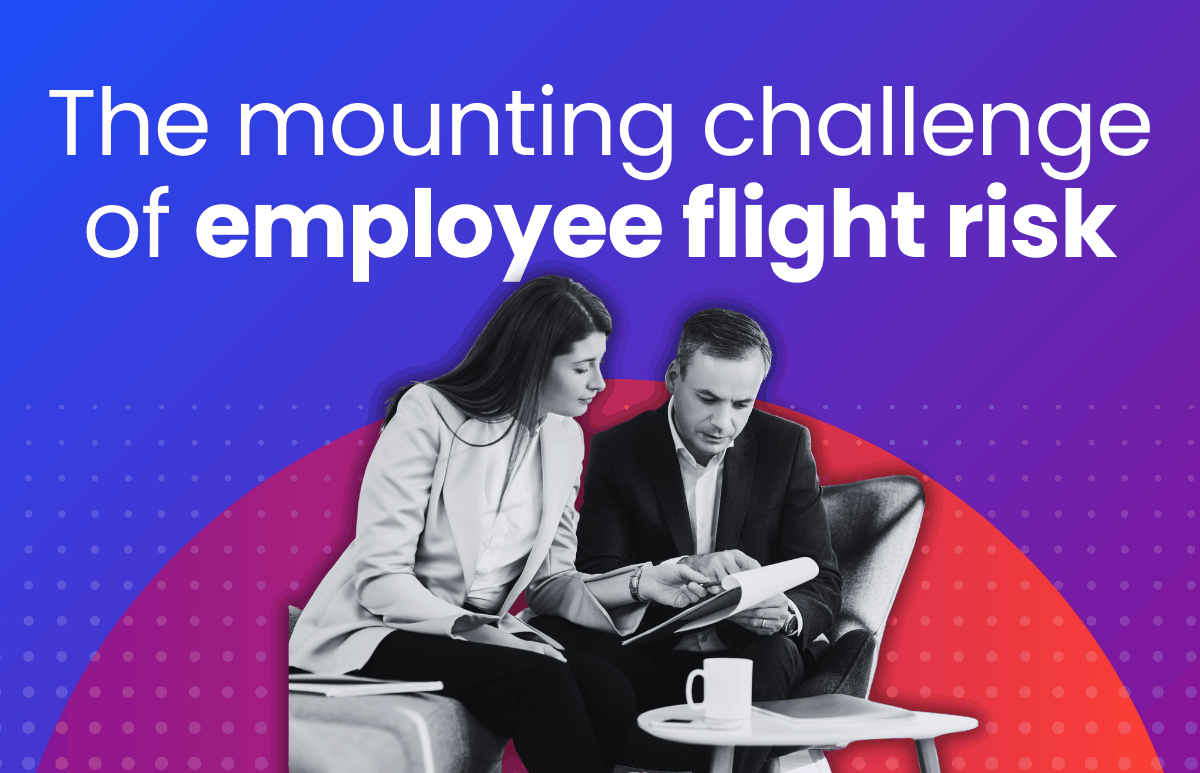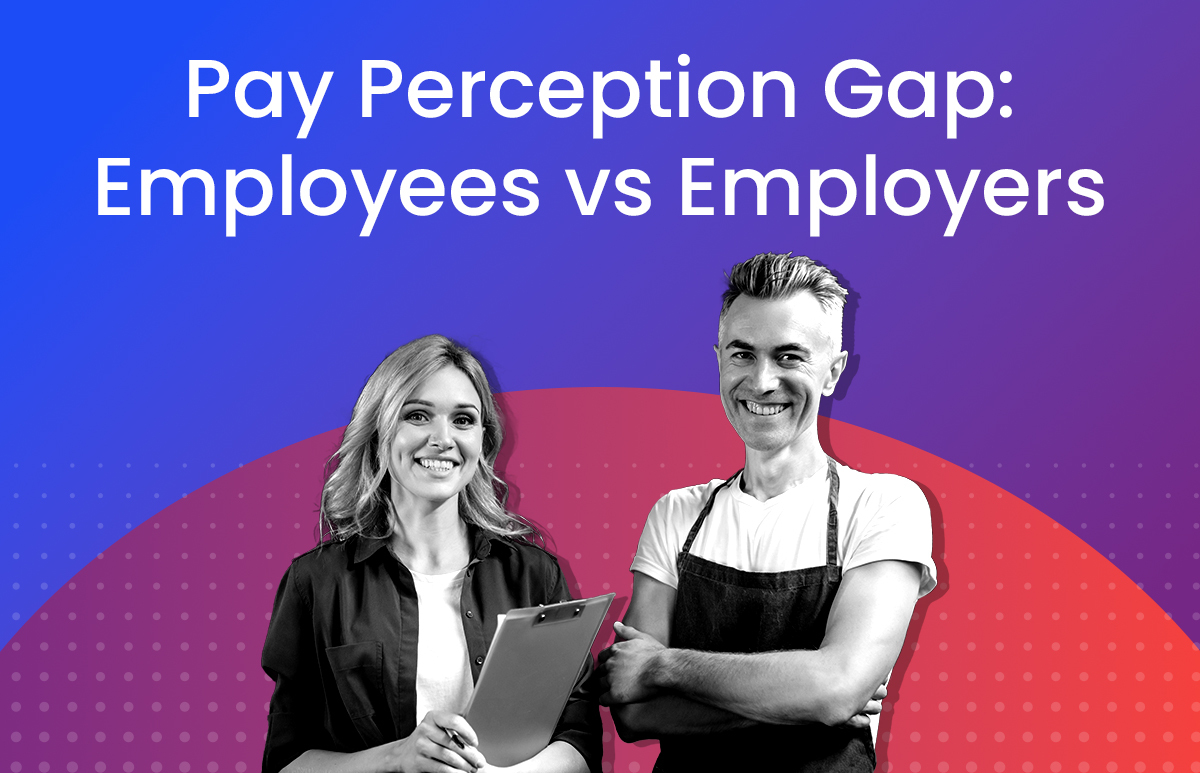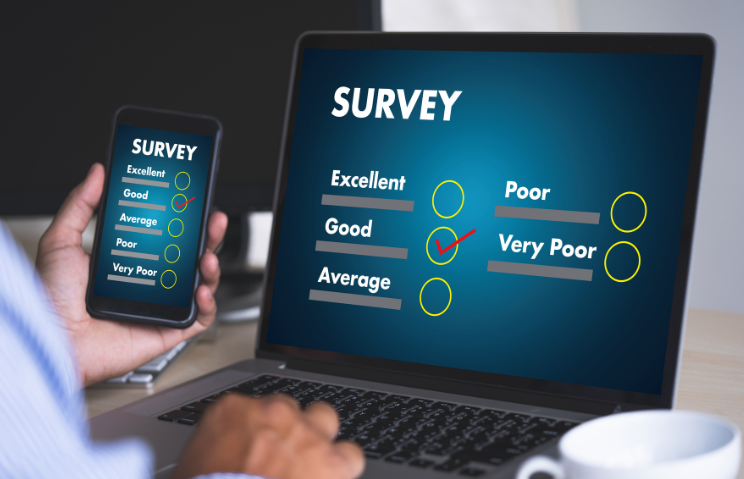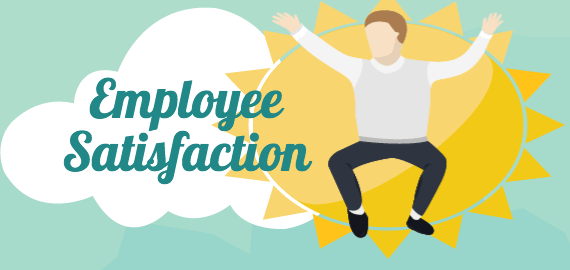Can AI support diverse hiring practices?

More and more research is proving that diverse hiring drives productivity, innovation and even improved financial performance. And organisations must move quicker and smarter as diverse talent moves in and out of the market at breakneck speed.
This is where artificial intelligence (AI) comes in. AI tools can enable an organisation to look at succession and learning and development opportunities, consider risks, plan and future-proof.
The problem is that AI is fundamentally built from human knowledge and experience in the first case, and that can lead to bias. However, there are measures your organisation can implement to help it on its way and these primarily involve reworking the underlying data to reduce societal and historical inequalities. Let’s look at some of the current hiring challenges employers face and how can AI help.
The current hiring landscape
Organisations are looking to grow and improve the need to hire the right talent at the right time, but also at the right price with the right intention of enhancing innovation. This is where an organisation must look at their internal skills gaps, what short-term stretch opportunities are present and what additional skills-sets could be hired.
Video interviews, technical and challenge testing need to occur in real-time to ensure staff can be held to account for any potential biases in the interview stage. The hiring manager needs to prioritise any interviews and become directly involved in sourcing and building relationships with talent long before they are hired. This involvement is important because it requires managers to have a long-term focus on what they want to achieve in their organisation and the diversity of skills they need to have to reach an outcome.
Successful recruitment relies on diversity
The variety of perspectives and problem-solving skills that are available to an organisation are what differentiates it from a competitor. Diversity is essential in having a positive impact on employee engagement, retention and productivity. It has a positive correlation to a better product or service, which improves the customer experience, encouraging referral and retention of clients, and has a strong impact on revenue. It’s a no-brainer!
An organisation with a diverse workforce is supporting, sustaining and growing a diverse community in its arms. It makes perfect sense that we hire for diversity as this embodies the world in which we live in. To think otherwise would signal stagnation and be a strategic faux-pas.
AI can help if it’s correctly implemented
AI can be beneficial to the recruitment process but it can also hinder diversity if not implemented correctly. For example, recruitment AI can negatively impact on the diversity of talent and skills available if bias exists in parameters of geography, age, qualifications or career path.
I have seen many people with lots of qualifications who underperform, and people with fewer qualifications who excel. This is where AI is missing social constructs and context as to how people relate and connect and the uniqueness of humans. Similarly, AI-enabled tools used to determine performance measures may not pick up on discretionary efforts, nor team outcomes, nor relationship values or external support.
AI can and has already shown cases of prejudice and bias, which is then reintegrated, adapted and developed over time. The only way we may be able to overcome bias is to plan and record what we want to achieve by starting with the cleanest and clearest set of data possible.
Humans don’t have one approach to problem-solving, nor identical thoughts or ideas, so it is essential to have a group of diverse people thinking and collating the data. Teams must document and vet the AI objectives with a diverse group of people to confirm that it is accurate, clear and measurable.
Analyses must then be conducted throughout to see if you’re actually getting the results you anticipated. If you’re not, you must look at how the algorithms are generating the outcomes and the data set the AI is building upon. It’s only with this approach that AI can truly support inclusive hiring practices.
If you’re interested in learning more about how ELMO Cloud HR & Payroll is tackling hiring challenges alongside the frontiers of AI, check out our latest blogs, eBooks and other resources.
This article was written by Monica Watt, Chief Human Resources Officer at ELMO Cloud HR & Payroll.
 HR Core
HR Core 

